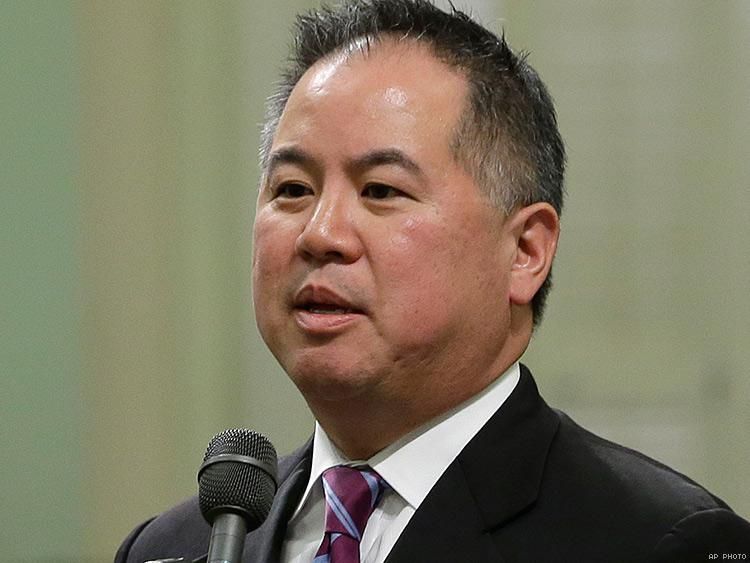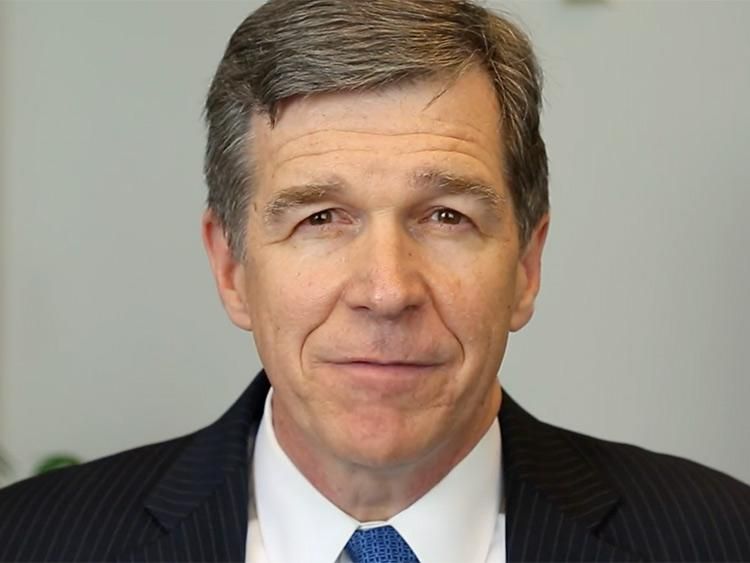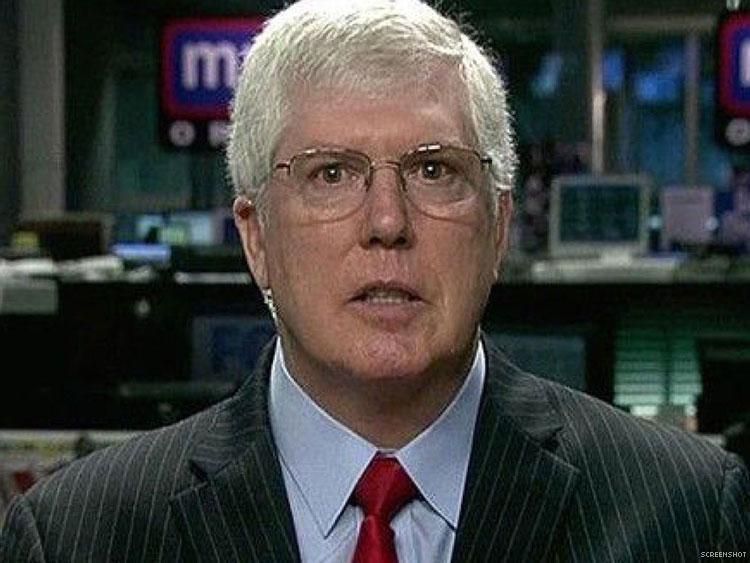_MG_9950-Edit
armontie posted a photo:
California Passes Gender-Neutral Bathroom Bill (Video)
www.advocate.com/transgender/2016/5/09/california-passes-gender-neutral-bathroom-bill-video
California Advances Two Pro-LGBT Bills

One would enact a ban on state-funded travel to states with anti-LGBT laws, the other provide for gender-neutral restroom access.
www.advocate.com/politics/2016/5/09/california-advances-two-pro-lgbt-bills
Limit(less) Project: Kaamila
mowunna posted a photo:
Kaamila: Queer Somali (USA)
“My name is Kaamila. Currently, I use she pronouns and they pronouns. I am Somali American, biracial, and Black. I identify as a bisexual queer dyke and a fluid femme and, at the moment, a womxn. I claim my identities loudly and proudly, my small personal acts of political resistance against the ways in which biphobia, femmephobia, and misogyny show up in my life and in society. And simultaneously- maybe it’s because I grew up in a biracial, bicultural household, constantly remolding myself to survive; maybe it’s because I’m a Gemini and the stars said it would be so- it’s hard to feel like any word holds all of me or I fit quite right in any place or space. I’m always busting out binaries and sliding along spectrums and gallivanting across the vast galaxy of gender and desire and identity.”
– Kaamila (Queer Somali, She/Her & They/Them, IG: @kaamoh)
Donate to support the project: HERE
About Limit(less)
Limit(less) is a photography project by Mikael Owunna (@owning-my-truth) documenting the fashion and style of LGBTQ African Immigrants (1st and 2nd generation) in diaspora. As LGBTQ Africans, we are constantly told that being LGBTQ is somehow “un-African,” and this rhetoric is a regular part of homophobic and transphobic discourse in African communities. This line of thinking, however, is patently false and exists an artifact of colonization of the African continent. Identities which would now be categorized as “LGBTQ” have always existed, and being LGBTQ does not make us “less” African.
Limit(less) explores how LGBTQ African immigrants navigate their identities and find ways to overcome the supposed “tension” between their LGBTQ and African identities through their fashion and style. The project seeks to visually deconstruct the colonial binary that has been set up between LGBTQ and African identities, which erases the lives and experiences of LGBTQ Africans. #LimitlessAfricans
Donate to support the project: HERE
Website:
limitlessafricans.com/
Facebook Page:
facebook.com/limitlessafricans
Tumblr:
limitlessafricans.tumblr.com
Darren Criss, Kristen Stewart, Facebook Trending, Mars, Zendaya, Kristin Chenoweth: NEWS
 THEATRE. Darren Criss returns to Hedwig and the Angry Inch in national tour.
THEATRE. Darren Criss returns to Hedwig and the Angry Inch in national tour.
MOVIES. Tom Hanks is back as Robert Langdon in first trailer for Dan Brown thriller Inferno.
MALE MODEL MONDAY. Brought to you by Jason Koko.
THIS IS ACTING. Emma Thompson doesn’t care for actors who get work based on how many Twitter followers they have.
TRUMP. The Donald doubles down on the misogyny line: “All of the men—we’re petrified to speak to women anymore! We may raise our voice— You know what? The women get it better than we do, folks! All right? They get it better than we do!”
FACEBOOK. Former employees say the social network regularly suppressed conservative news: “Several former Facebook “news curators,” as they were known internally, also told Gizmodo that they were instructed to artificially ‘inject’ selected stories into the trending news module, even if they weren’t popular enough to warrant inclusion—or in some cases weren’t trending at all. The former curators, all of whom worked as contractors, also said they were directed not to include news about Facebook itself in the trending module.”
BE ALL THAT YOU CAN BE. Eric Fanning jokes about his stalled confirmation as first openly gay Secretary of the Army while at an LGBT military gala: “Fanning asked Edith Windsor, the New York widow who successfully challenged the Defense of Marriage Act before the U.S. Supreme Court in 2013, to become his “confirmation campaign manager” after he took the stage at the Hyatt Regency Washington.”
MARS. NASA detects “atomic oxygen” on the red planet for the first time in roughly 40 years: “NASA scientists say they found less oxygen than anticipated — roughly half what they expected. Fluctuations in the Martian atmosphere may explain the low readings.”
HATE. Former Disney star and singer Zendaya handles a homophobic Twitter troll.
She looks like a gay dude wearing makeup pic.twitter.com/bATG9baS4O
— alfi (@ClutchLikeRomo) May 9, 2016
Wait….is this supposed to be an insult cause they slay sooooooo….. t.co/bIRIp7o6k9
— Zendaya (@Zendaya) May 9, 2016
Handled pic.twitter.com/dmRXHSHEjv
— Zendaya (@Zendaya) May 9, 2016
TEXAS. Former GOP candidate for state representative candidate calls trans people ‘Delusional,’ compares them to anorexics, and opines for the days when they could be stoned.
TERROR. Another man has been thrown off a roof by ISIS for allegedly being gay: “Local activists confirmed that the man was arrested by the group’s Hisba police on charges of homosexuality and was barbarically thrown from the top of a building in central Manbij.”
LABELS OR LOVE. Kristen Stewart refuses to define her sexuality: “Me not defining it right now is the whole basis of what I’m about. If you don’t get it, I don’t have time for you.”
NORTH CAROLINA. Kristin Chenoweth to perform in the Tar Heel State but will donate all proceeds from concert to charity: “I’m going to talk about the kids in the audience, directly to them, who are gay or feel different.”
MONDAY MAN. Benjamin Benz.
The post Darren Criss, Kristen Stewart, Facebook Trending, Mars, Zendaya, Kristin Chenoweth: NEWS appeared first on Towleroad.
Nick Jonas Tells Ellen He and Demi Levato Canceled North Carolina Concert for LGBT Fans (Video)
N.C. Atty. Gen.: McCrory 'Pouring Gas on Fire' With HB 2 Suit

Democratic Attorney General Roy Cooper blasts Gov. Pat McCrory’s latest attempt to keep the anti-LGBT law alive.
www.advocate.com/politics/2016/5/09/nc-atty-gen-mccrory-pouring-gas-fire-hb-2-suit
Liberty Counsel: 'Pedophiles' Are Behind Trans-Inclusive Restroom Policies

So says the hate group’s chairman, Mat Staver — but he doesn’t identify any individuals or groups.
Rugby Player’s Leaked Snapchat Selfie Sports Major Goal Post

Malakai Fekitoa is one Kiwi we wouldn’t want to mess with, but lest you judge him solely his tackling abilities, he’s also shown himself to be quite the lover.
Related: PHOTOS: 19-Year-Old UK Footballer Has Secretly Been Showing Off His Goal Post On Tumblr
The centre for the New Zealand All Blacks recently put himself on full display via Snapchat, and we’re ready to call a time out for some, ahem, off-field strategizing.
“Glee” Star Darren Criss Will Lead National Tour Of “Hedwig And The Angry Inch”

As soon as a touring production of John Cameron Mitchell’s smash Broadway success Hedwig and the Angry Inch was announced, fans had but one question:
Who will take the titular (pun intended) role?!
Related: Five Fun Facts You Need To Know About ‘Hedwig And The Angry Inch’
There was certainly an incredible crop of possibilities — beginning with Neil Patrick Harris (who took home the 2014 Tony Award tony for Best Actor in a Musical), the role then went to Girls star Andrew Rannels, then Michael C. Hall, JCM himself, Darren Criss, and finally Taye Diggs.
And sure enough, the tour is kicking off with a familiar songstress from East Berlin.

Criss is slated to appear in the tour’s first two legs — San Francisco and Los Angles — with more casting being announced soon.
He put out this statement:
“When I found out that the tour would be kicking off in my hometown of San Francisco—the city where I was introduced to Hedwig and the Angry Inch—I could think of no better excuse to get back into the heels of a character I loved and missed so very much. And since Los Angeles has become a second home for me, I relished the idea of seeing what kind of fun Hedwig would bring to the heart of Hollywood. Getting to share this fantastic Broadway production with the two great Californian cities of my own life story will hopefully be as much of a joy for me as it will be for audiences who will experience Hedwig’s life story on the West Coast!”
And when it comes to big openings, a lot of people think of Criss.

You must be 18 years old or older to chat